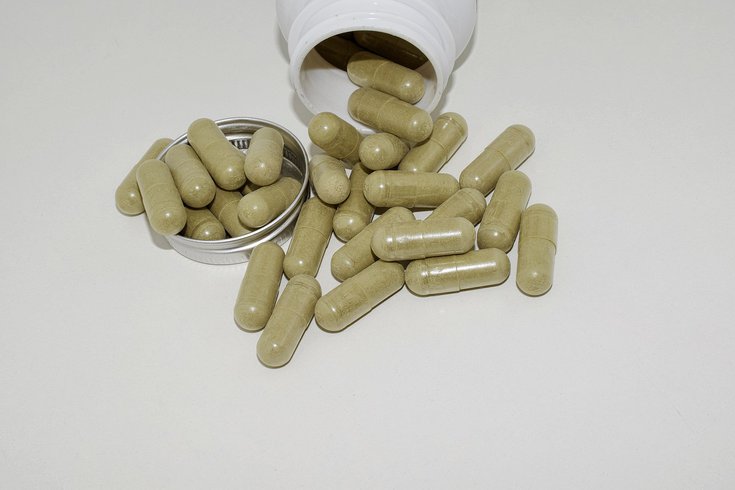
August 01, 2022
 Aixklusiv/Pixabay
Aixklusiv/Pixabay
Green tea supplements provide anti-inflammatory benefits in the gut that can improve the symptoms of metabolic syndrome, new research suggests.
Green tea has been one of the most popular drinks in the world for centuries. It's also been touted for its antioxidants, which are believed to provide an array of health benefits.
Studies have suggested that green tea extract – a concentrated form of the tea that is used in dietary supplements – can accelerate weight loss and improve blood sugar and blood pressure regulation, disease prevention and exercise recovery. It also provides benefits for the skin, liver and brain.
The latest research suggests green tea's anti-inflammatory benefits in the gut can improve the symptoms of metabolic syndrome – a cluster of conditions that increase the risk of heart disease, stroke and diabetes. The conditions include high blood pressure, high blood sugar and excess body fat around the waist.
Metabolic syndrome affects about one-third of Americans.
The researchers said that green tea supplementation was particularly helpful when the risk factors for metabolic syndrome were slightly elevated, but not enough to warrant drug intervention.
"Most physicians will initially recommend weight loss and exercise. Unfortunately, we know most persons can't comply with lifestyle modifications for various reasons," said researcher Richard Bruno, a nutrition professor at Ohio State University. "Our work is aiming to give people a new food-based tool to help manage their risk for metabolic syndrome or to reverse metabolic syndrome."
The study confirms that green tea extract can reduce blood sugar levels in people at risk for heart disease and improve gut health by lowering inflammation and decreasing "leaky gut."
A "leaky gut" is a theory, not a medical condition, but studies have shown that some people have a leak in the mucous lining of their intestines. This allows intestinal bacteria and other toxic compounds to enter the bloodstream. This can trigger low-grade, chronic inflammation and lead to gastrointestinal diseases such as irritable bowel syndrome.
"There is much evidence that greater consumption of green tea is associated with good levels of cholesterol, glucose and triglycerides, but no studies have linked its benefits at the gut to those health factors," Bruno said.
Green tea extract not only lowered blood sugar and decreased gut inflammation among people with metabolic syndrome, but it also did so in healthy people, researchers found. The reduction in blood sugar appears related to the decreasing of gut inflammation and leaky gut, regardless of a person's health status, Bruno said.
The clinical trial included 40 people – 21 with metabolic syndrome and 19 healthy adults – and was a follow-up to a 2019 study that found mice that consumed green tea supplements had lower obesity and improved gut health.
The antioxidants in green tea extract, especially EGCG, also have been shown to protect brain cells from oxidative stress and reduce the risk of cognitive decline and diseases such as Parkinson's, Alzheimer's and dementia.
Some studies have suggested it can reduce inflammation caused by some liver diseases, including nonalcoholic fatty liver disease. One small study found that taking a specific amount each day reduced the risk of developing prostate cancer in men.
Though the potential health benefits of green tea extract appear to be many, consuming too much of it can be harmful. High doses are toxic and can lead to serious liver damage, nutritionists warn. For people with severe caffeine sensitivities, it can cause insomnia, anxiety, irritability, nausea or an upset stomach.